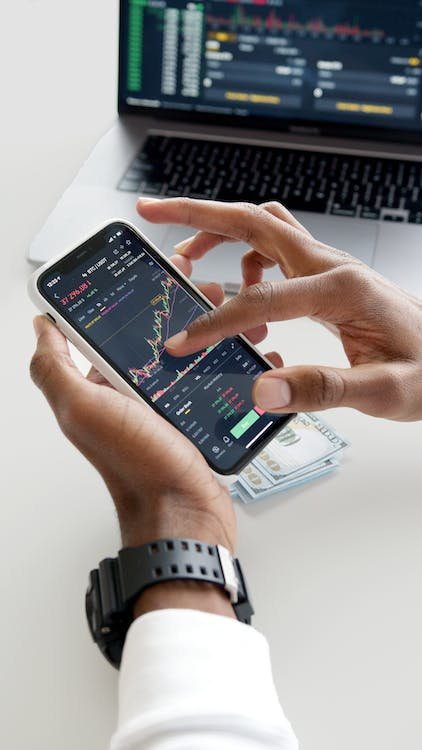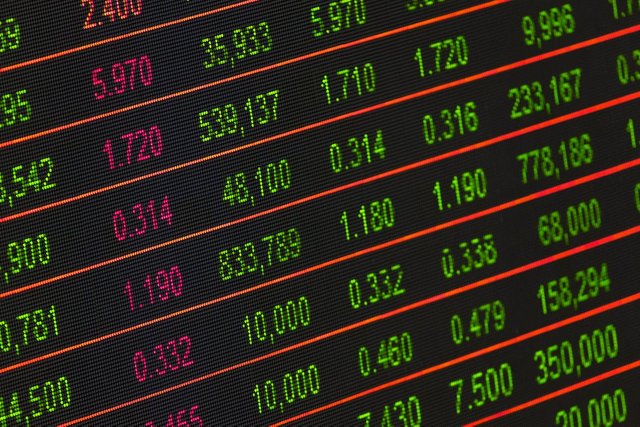Steps to help you navigate through a volatile market
There is an emotional imbalance that comes with trading, and to better manage the behaviors and emotions associated with trading, it is important to appropriately understand market volatility. Another great factor to handle market volatility is when you have a financial plan. A detailed financial plan will have financial goals explained in detail as well as help you stay on track even when the market is unstable.
There are moments when the market experiences unpredictable and very sharp movement in price, which may be either in an upward or a downward manner, these movements are usually referred to as a volatile market and one cannot precisely say the time duration, as it could take days, weeks, or even months. Market volatility should even be expected from time to time, however, it is only a temporary stage in the market.

pexels.com
Market volatility can happen suddenly with little warning, it doesn't happen without any trigger. Volatility can happen for different reasons;
- A sudden news about the economy different from the expectations of investors.
- Geopolitical event.
- A sustained long-term change in monetary policies.
- Specific events related to the market.
- Political factors.
Taking important steps when a market is volatile is important to help you stay afloat, so these are steps to help you prepare for market volatility in the future.
The first thing is to establish a financial plan or revisit an already existing one. According to experts, a financial plan is the foundation of investing, and with a plan in place, it will help you avoid moving money simply based on a market reaction. Take a good look at your financial goals and the time-space you have set to get it accomplished, then make the required adjustments that will help you stay on track and help you achieve those really important goals.
While you do that, review your monthly budget to ascertain how comfortable you are with the expenditures, you should be able to cover expenses all the time. Look for ways to designate additional funds to cater to your most important goals.

pexels.com
The second thing is to focus on building an emergency fund. Setting up an emergency fund is a great shock against financial emergency. While people believe that your emergency fund should cover 3-6 months of income, the emergency instability should make us push our emergency funds to cover 6-9 months or go for a longer period, this will provide you with greater financial flexibility as well as help you get through tough times.
As far as investment and market is concerned, you need to have a diversified portfolio. A diversified portfolio will help you weather a volatile market the more.
Then, you need to also re-assess your investment strategy. You need to ask yourself certain valid questions such as;
Your willingness to accept moderate losses over your investment and if you have the patience to overcome the setbacks associated with it.
How nervous are you about your portfolio during the downmarket? If you usually become nervous and uncomfortable when this happens, then you may want to reduce the amount of risk in your portfolio and go for a more conservative portfolio mix.
As you gradually advance towards the age of retirement, you may need to scale back the amount of risk in your portfolio and the new ones you are about to take, because you need a strong cash flow to fall back on during retirement.
Every trader has to be smart with their emotions and learn to take only healthy risks with their investment and finances.
It is more than important to work on emotions.